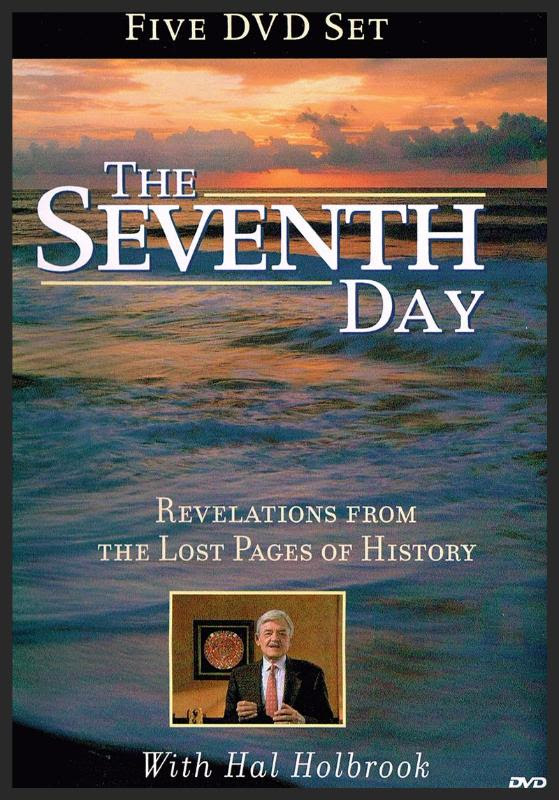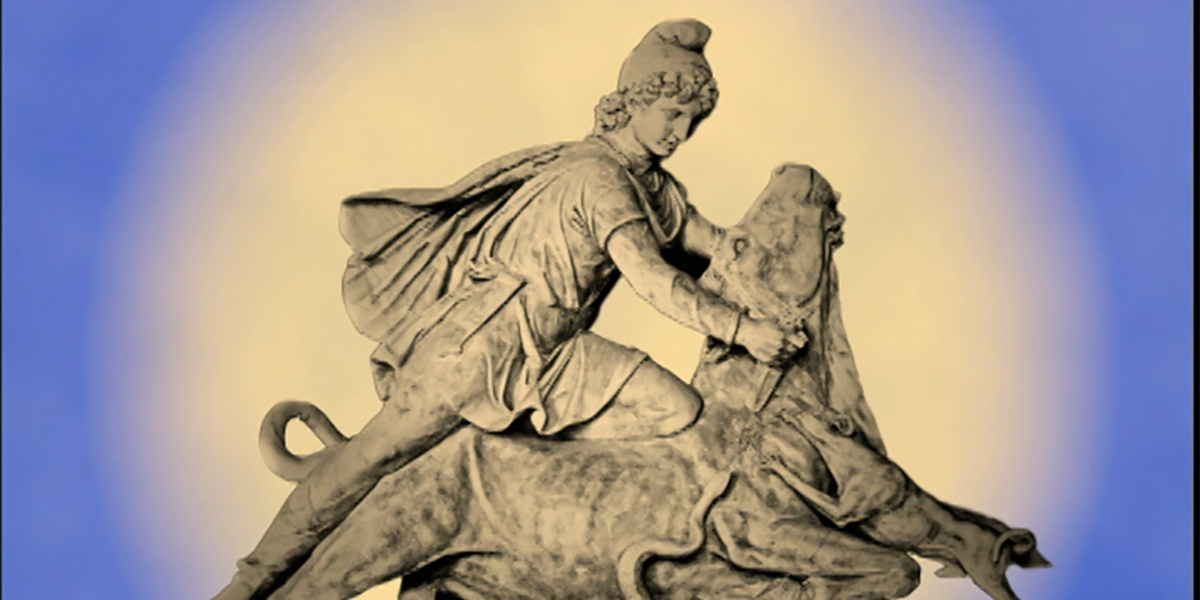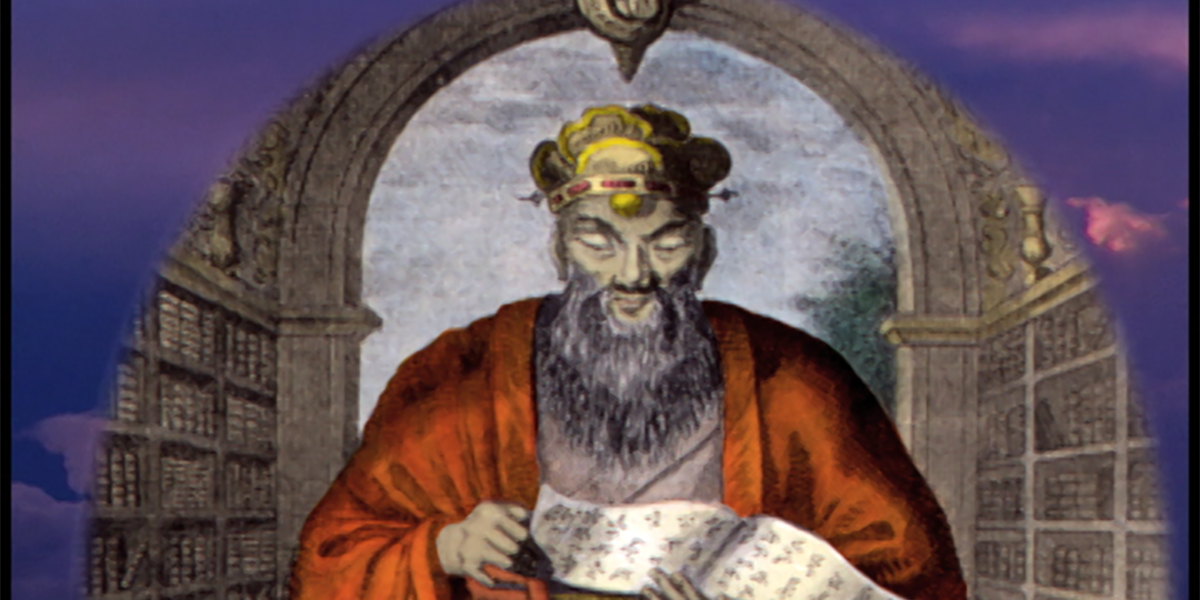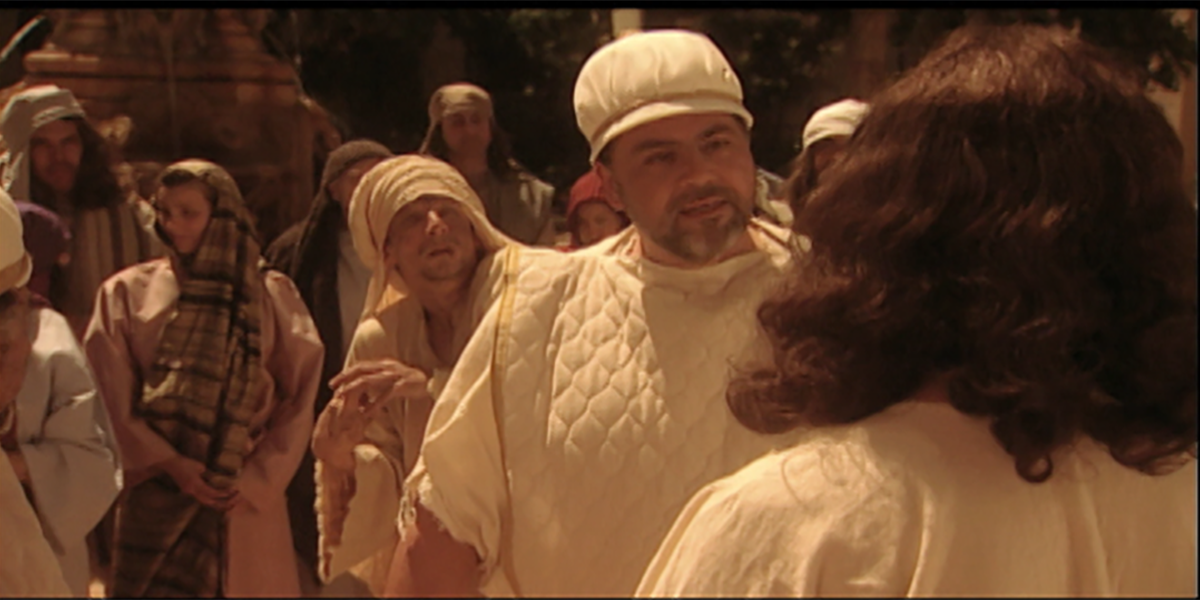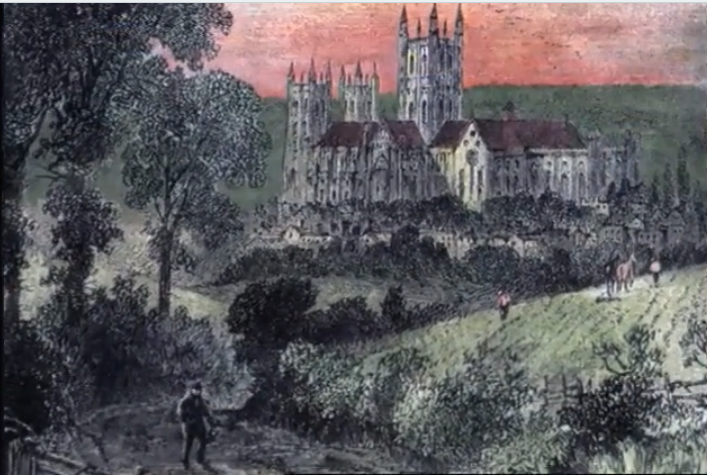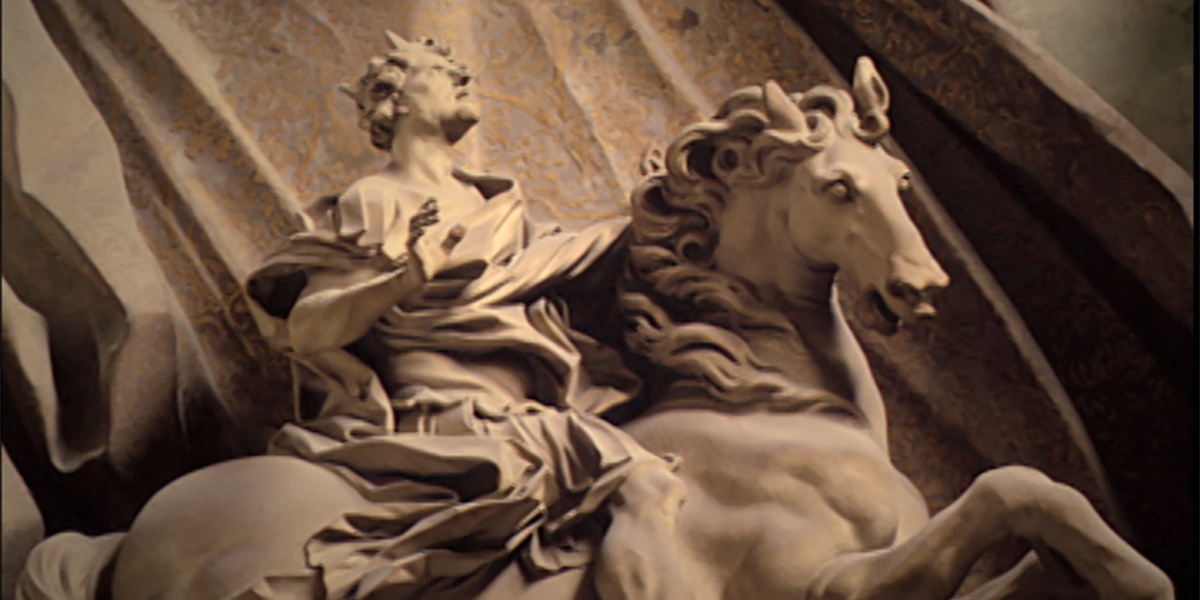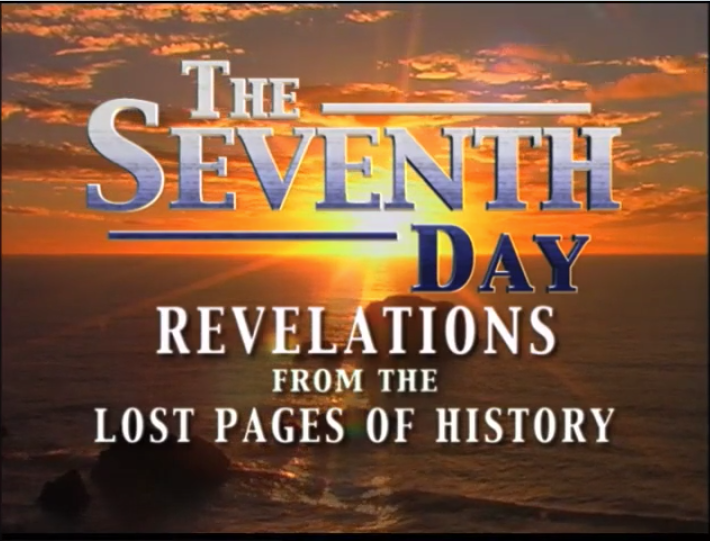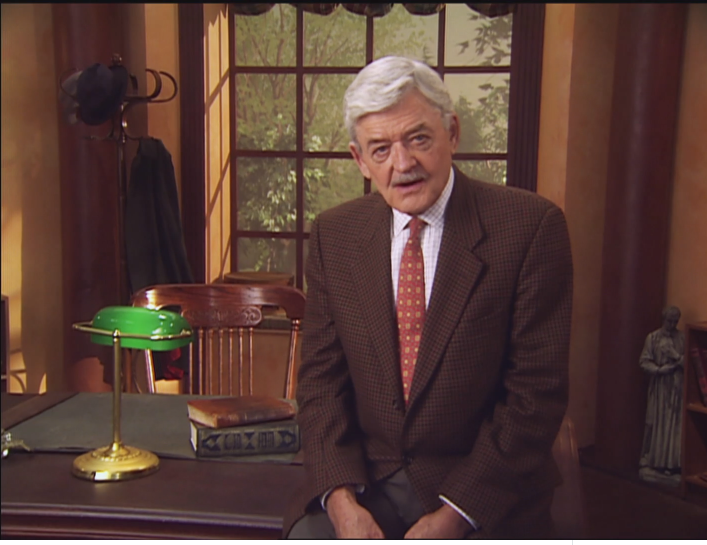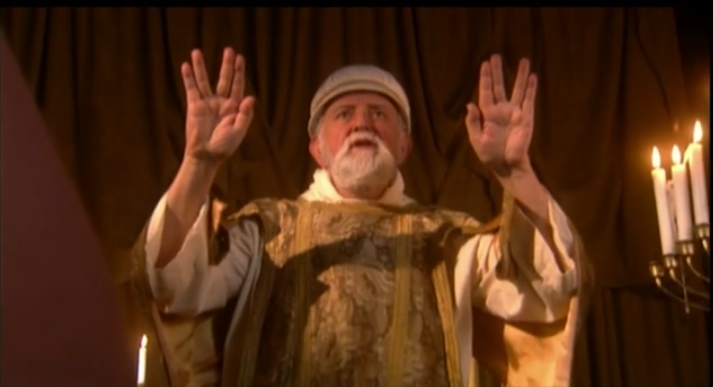Which day is the Christian Sabbath? Sunday? Or is it Saturday? Did Jesus authorize the change of the Sabbath from the seventh day of the week to the first day? Did His disciples do it?
In The Seventh Day, host Hal Holbrook takes viewers back across the centuries to uncover the history of the Sabbath. This five-part documentary video series traces the evidence of ancient records as found in the archives and libraries of international scholarship.
The story of the change of the Sabbath is enriched by the testimony of fifty historians and theologians from around the world. Together they provide a careful exposé of the epic battle over the biblical Sabbath.
The Seventh Day illuminates the heroic struggle for religious liberty, fought through long centuries of inquisition and repression. It offers a surprising look at history, raising new questions about the rhythm of life here in the 21st century – and beyond.
